Roberto Marotta is a name you should remember. As a proud Sicilian chef, he’s known for putting a modern twist on dishes inspired by his homeland and family. Originally from Milazzo, a small coastal town in Sicily, Roberto brought his passion for Sicilian and Mediterranean cuisine to Dova and ARDO, the latter having recently received a shoutout in Toronto’s new Michelin Guide. We had the pleasure of sitting down with Roberto to discuss traditional Sicilian food, balancing multiple businesses and his passion for cars.
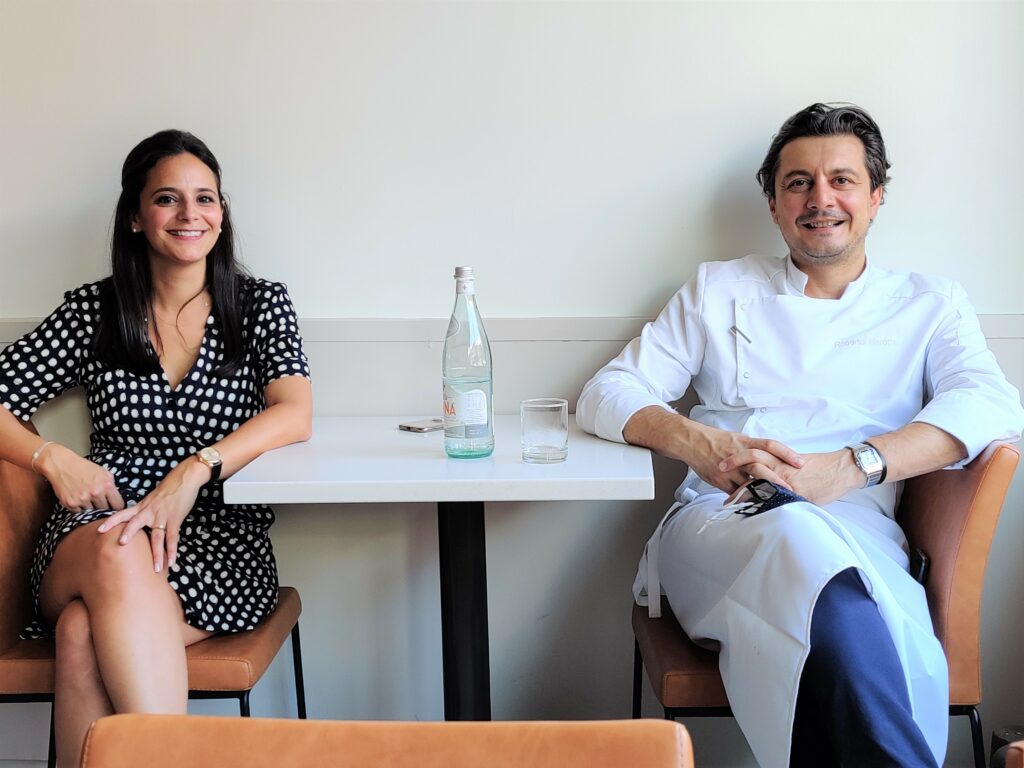
What memories of Sicilian food and tradition do you have from growing up? How does your heritage influence your restaurants?
Well, I grew up in a border town in Sicily called Milazzo. My parents’ and grandparents’ homes were pretty much attached — we used to spend a lot of time with my grandparents. Cooking, as you can imagine, is part of the daily routine in Italy, especially in Southern parts like Sicily. My grandparents used to go to the market every day and come back for lunch with fish and whatever was in season. Even the seafood supply was based on the season. Sunday was a big day — there was a lot of preparation, sometimes starting even Saturday. I have memories of my grandmother preparing sauce for hours. The smell, the sound even, everything is still very vivid in my memory. I’ve been working in this industry for many years, as you can imagine. In Italy, and really in Europe, people are very fascinated by things that are exotic. I realized [I could] share [ … ] my background, my experience since I was kid, with my customers here in Canada. The whole point is sharing something that was really stuck in my memories [from growing up]. Providing the unique flavours of our traditional cuisine was important to give this [dish] a little bit of a more contemporary approach. My style of cooking today is still very attached to tradition, but I also freshen things up, making things a bit more light and approachable.
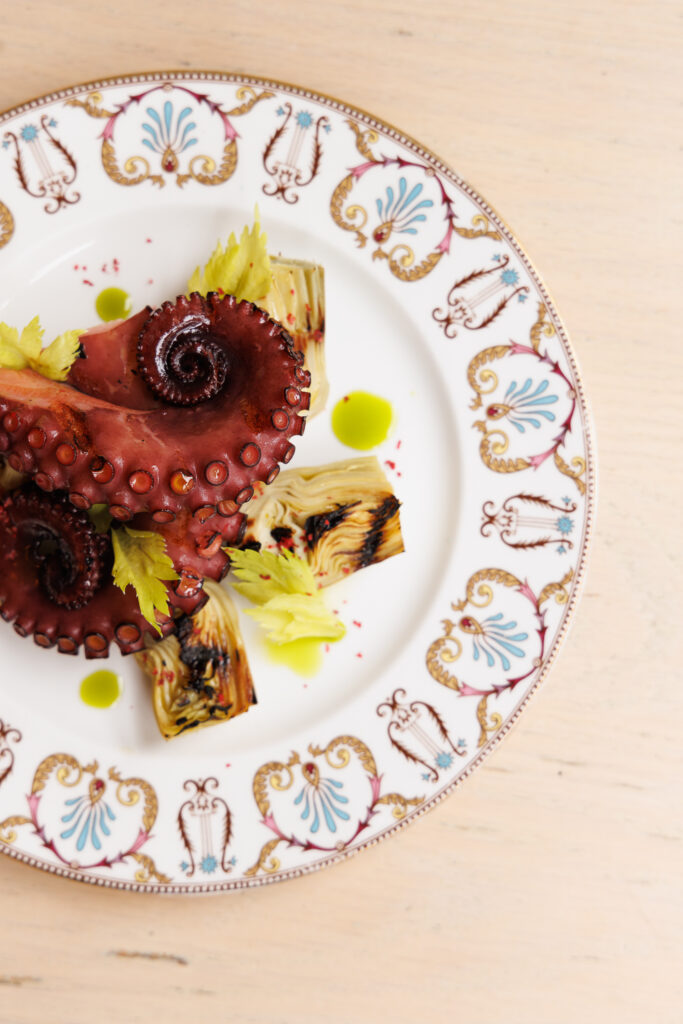
How does Siciliy’s proximity to Arabic and North African countries influence the food culture?
Sicily has always been the main hub of many cultural influences. We are in the middle of the Mediterranean, so all the cultures that have passed through Sicily in history have definitely created this big mosaic. There are pieces from Arabic countries, Spain, and North Africa. We also have some French influence because, during the monarchy in Sicily, the king brought a chef from France, which influenced Sicilian cuisine too. It’s very interesting because, in Europe, Sicily is a passage for travellers from other countries, which influences our cooking. Spices and grains were traded between Italy and North Africa, so we have dishes in common. Unique to Sicily is a couscous dish made with seafood. In Morocco, there is a similar dish done with white meat such as rabbits.
During your teen years you travelled across Europe, gaining on-the-job culinary training. How did that influence your career?
That definitely gave me an open mind and the opportunity to be a little more adventurous. In a way, it made it simple for me to really start a new life here [in Canada] because I had the opportunity to travel and live in different countries before. From a culinary standpoint, experiencing different cultures, ingredients and techniques helped me to decide that in the end, my goal [was to showcase] Sicilian cuisine. Having had the opportunity to travel in the industry, try food from elsewhere and learn new techniques — gave me knowledge that [I wouldn’t have] if I stayed living in a small town.
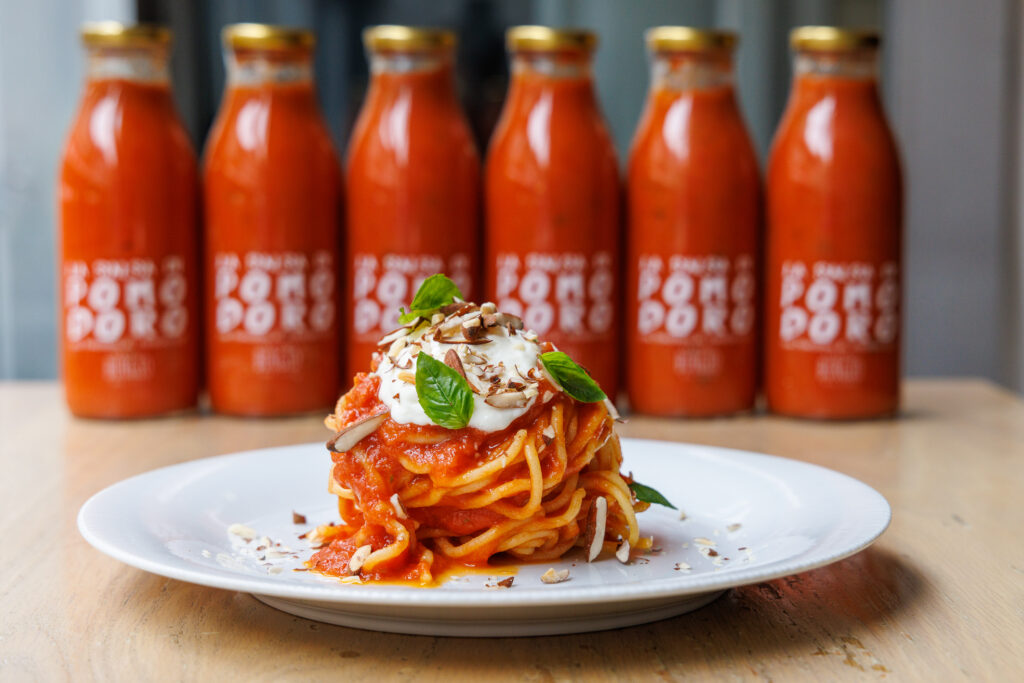
Though you grew up on the coast in Milazzo — where fresh seafood was easily accessible — Toronto is on the shore of Lake Ontario. How do you maintain tradition in this different environment?
One of our main goals was to source very traditional ingredients. We decided to start our own small importing company. Many of the ingredients that we source come directly from Sicily through Vivi Imports, which is named after my daughter. We also established a very great relationship with a lot of local fishermen in Canada. We have a direct source from Newfoundland, [who] we are in contact with on a weekly basis. Every Thursday night, he will call me and say “Roberto, we have three boats out and the guys are catching up for cod or tuna this season.” This is how we get fresh seafood delivered to us on a plane in less than 24 hours. We also bring in fish from the Mediterranean. There is a lot of work behind the scenes in order for us to provide the finest and freshest seafood. Some nights [we won’t have fish at all] because we are very, very meticulous on serving seafood up to our standard, [which is] always fresh, not farmed. I’d rather use a less popular variety that isn’t overfished. While I believe in farming great produce, farming fish is not natural in my point of view. I can proudly say I have never used farmed fish in my restaurants since day one.
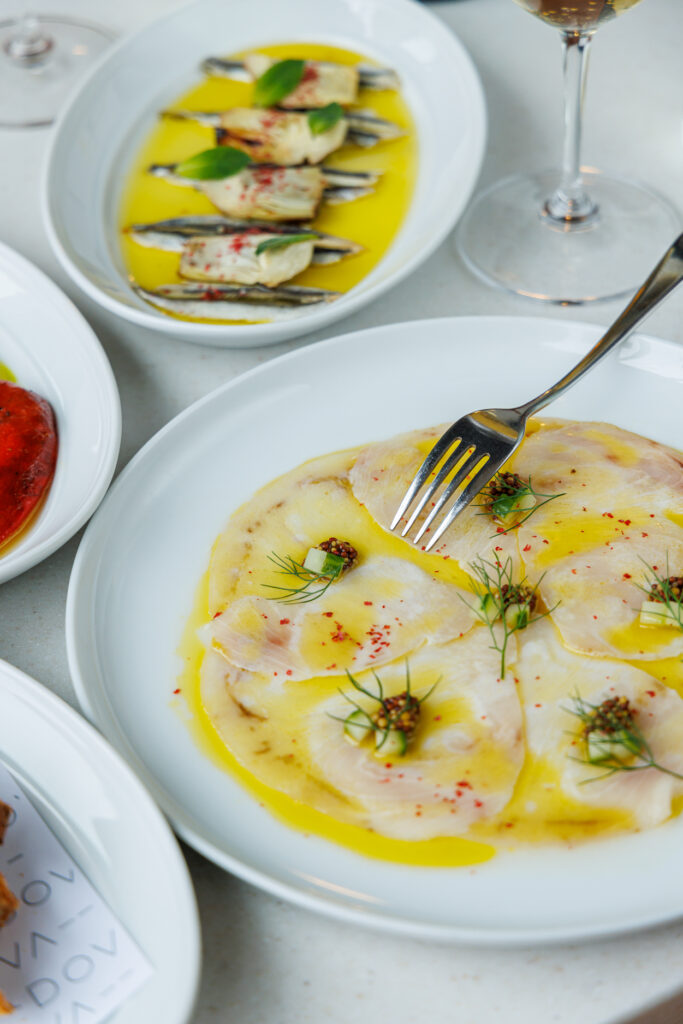
Since opening your first restaurant ARDO, you’ve opened Dova and Vivi Imports. How do you balance running multiple businesses?
We have a great team — they support us, they follow our guidance and we are present on a daily basis with all three of the businesses. While we spend a lot of time working we have to find time for our family too. It’s a challenge but we do what we love — it doesn’t feel like work.
Most Canadians think of Italian food as pizza and pasta. How did you break through, as most Canadians aren’t familiar with Sicilian food?
It’s been a long process, a seven-year path. It was a little bit challenging as it began, we still serve pasta and pizza. What we try to do is serve our best — our pasta is mostly made in-house with a combination of Italian Sicilian flour and Canadian flour, the same as our pizza. Our sourdough has also been with us since day one. Everything has a Sicilian influence. You’ll find at ARDO that we have very traditional dishes, which took a while for people to understand. People are more adventurous [now] than 15 or 20 years ago. More people have discovered Sicily through travel, and seafood has become more popular. They [people] start to understand it’s not just salmon — there are other kinds of fish, a big variety.
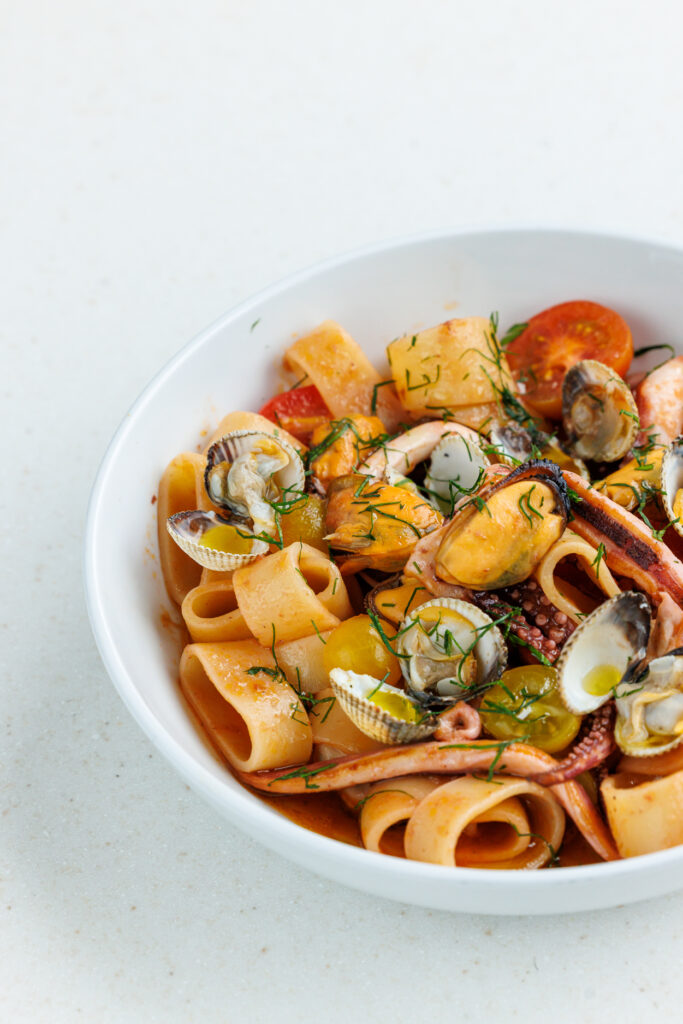
What DOP, DOC or IGP products are always in your pantry or fridge?
DOP tomatoes for sure. We have some IGP capers that we bring from my own town. It’s a small producer part of a new generation who are investing in ingredients that were disappearing. We also bring in wild fennel and our own tomato sauce, which is made in Sicily. All the olive oil that we use at the restaurant is by Magnus Siculus, a specific variety that comes from the volcanic area.
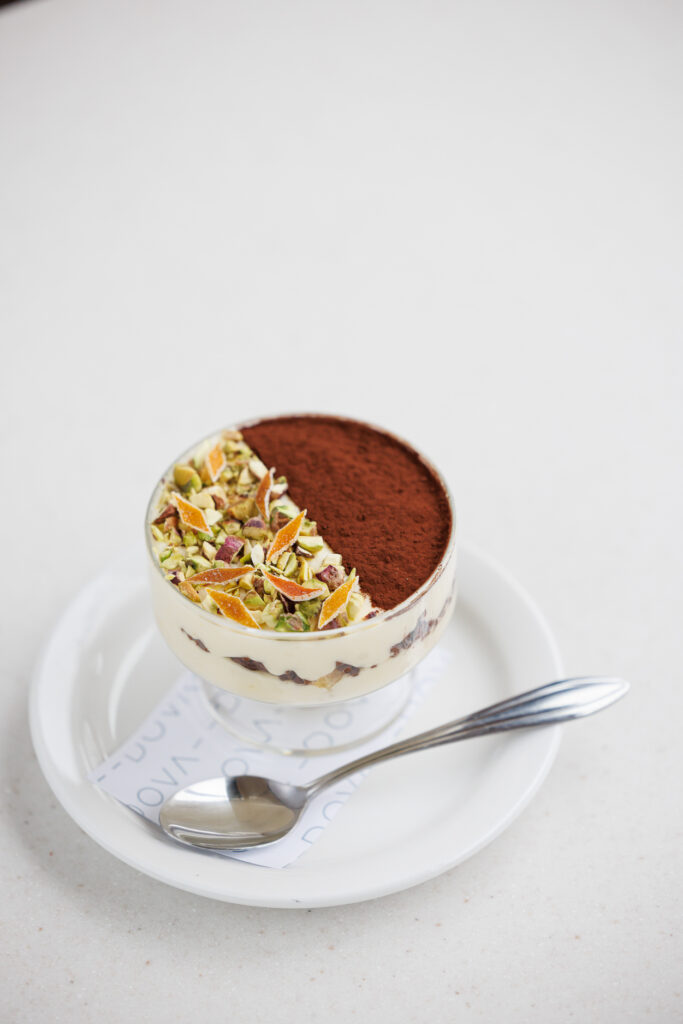
Which Sicilian dish is the absolute comfort food for you and your family?
There are two! One is a simple dish called pasta alla norma. Something that I really love to do and I don’t do often enough, is the Sicilian couscous. It’s a seafood-based couscous with so many varieties of fish and so many layers. It exemplifies the mix of cultures and the beauty of being on an island in the middle of the Mediterranean.
Choose one: pesto di Bronte pistacchio or pesto Siciliano?
I’d have to go with pesto Siciliano, also known as pesto alla Trapanese. It’s a summertime pesto made with fresh tomato, garlic and basil served with a specific kind of pasta called busiate that we bring in from Sicily from a very bespoke kind of pasta maker.



Add a comment